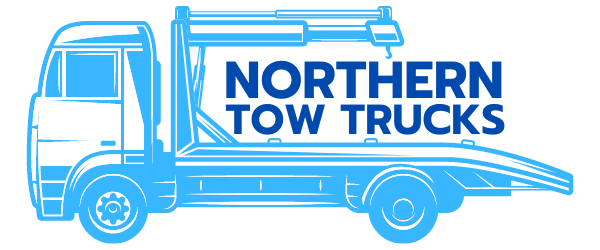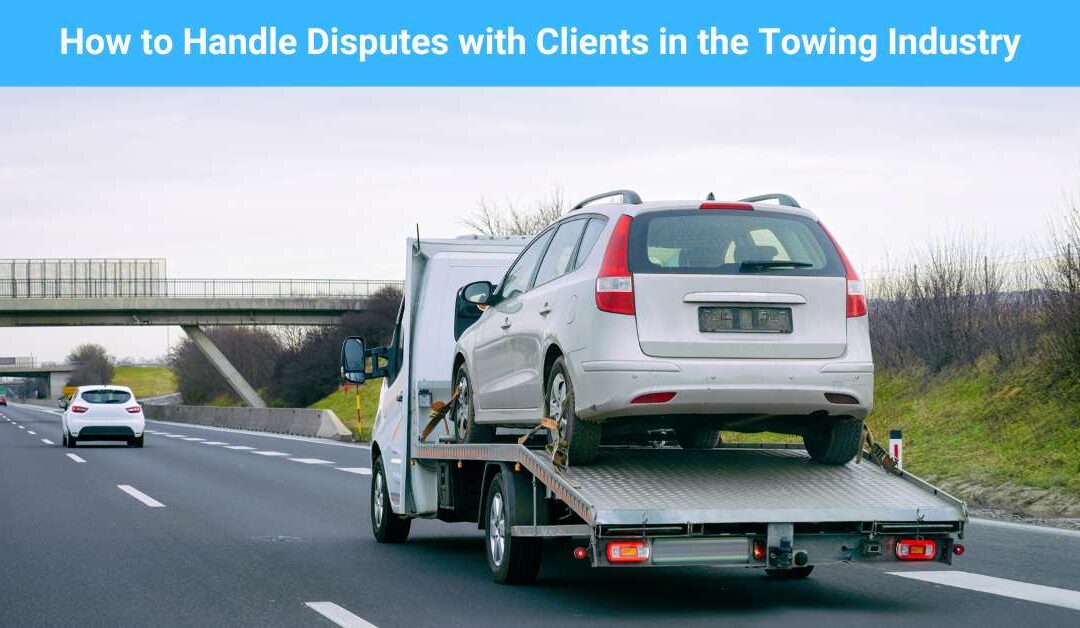Disputes between tow truck businesses and clients are common, often arising from disagreements over fees, unauthorized tows, or damage claims. Handling these conflicts professionally is crucial for maintaining a good reputation and avoiding legal complications. By implementing clear policies, maintaining proper communication, and following industry regulations, towing companies can effectively resolve disputes while ensuring customer satisfaction.
Clear Communication and Transparency
Many disputes occur due to misunderstandings about towing fees, procedures, or legal requirements. Providing clients with clear, upfront pricing and service details can prevent confusion. Tow truck operators should issue detailed invoices that include a breakdown of costs, such as towing charges, storage fees, and additional services. If a client questions a fee, calmly explaining the charges and referencing local towing regulations can help de-escalate the situation.
Proper Documentation and Record-Keeping
Accurate record-keeping is essential when handling disputes. Towing businesses should document every service call, including photographs of the vehicle before and after towing, service agreements, and time-stamped receipts. In cases where a client claims vehicle damage, having photographic evidence can help prove whether the damage was pre-existing or occurred during the towing process. Keeping written records of client interactions can also provide legal protection if a dispute escalates.
Handling Complaints Professionally
When a client expresses dissatisfaction, it is important to remain professional and listen to their concerns. A calm and respectful approach can prevent conflicts from escalating. If a mistake was made, acknowledging it and offering a fair resolution—such as a partial refund or service correction—can build trust. Having a structured complaint resolution process, such as a dedicated customer service representative or a formal dispute form, can streamline conflict resolution.
Understanding and Following Legal Regulations
Towing companies must operate within the boundaries of local laws to avoid disputes. Issues such as towing from private property, impounding vehicles, and charging fees are often highly regulated. Ensuring that all tows are legally authorized, properly documented, and compliant with local laws reduces the risk of legal action from unhappy customers. If a dispute escalates to a legal matter, consulting a lawyer experienced in towing regulations can help protect the business.
Seeking Mediation for Serious Disputes
In cases where a dispute cannot be resolved through direct communication, mediation can be an effective alternative to court action. Many regions have consumer protection agencies or small claims mediation services that can assist in resolving conflicts fairly. Mediation allows both parties to discuss their concerns and reach a mutually agreeable solution without the expense and time of legal proceedings.
Conclusion
Disputes in the towing industry can be challenging, but they can be managed effectively through transparency, proper documentation, professionalism, and compliance with the law. By communicating clearly, handling complaints respectfully, and following established industry practices, towing businesses can reduce conflicts and maintain strong customer relationships. A well-handled dispute can even turn a dissatisfied client into a loyal customer, reinforcing the company’s reputation for fairness and professionalism.
Northern Tow Trucks
620 Canning St
Carlton North VIC 3054
(03) 7064 2500

